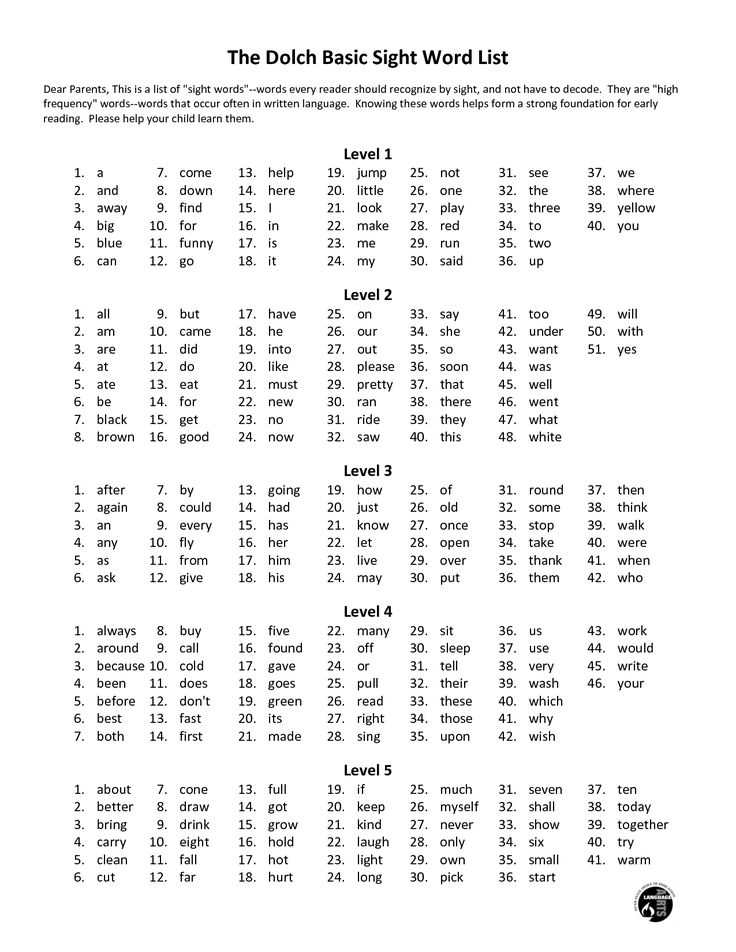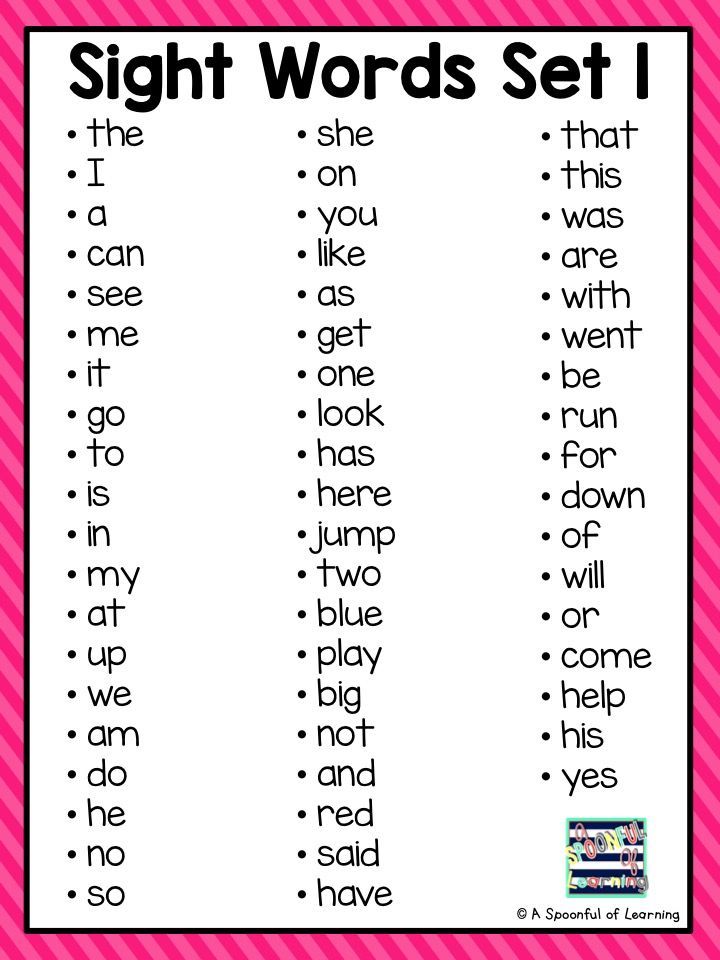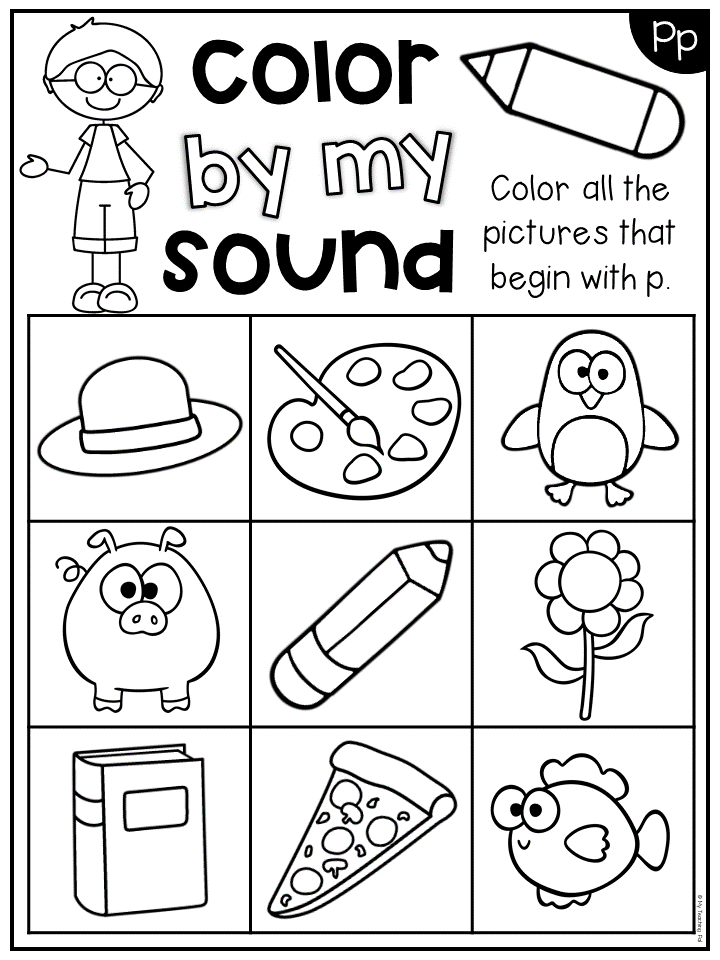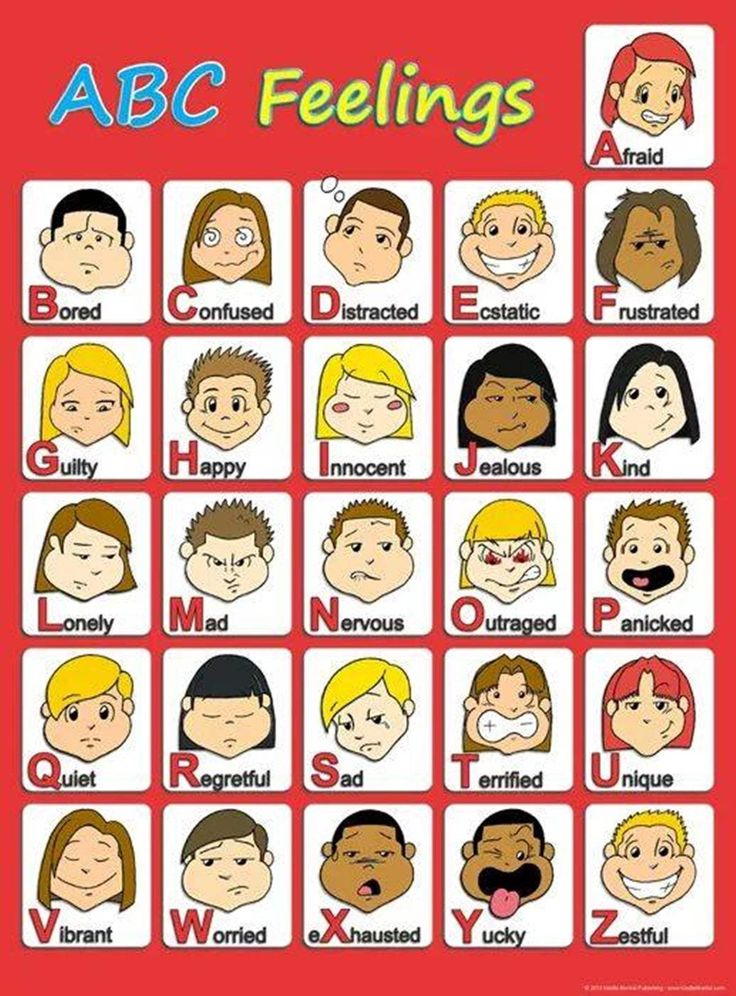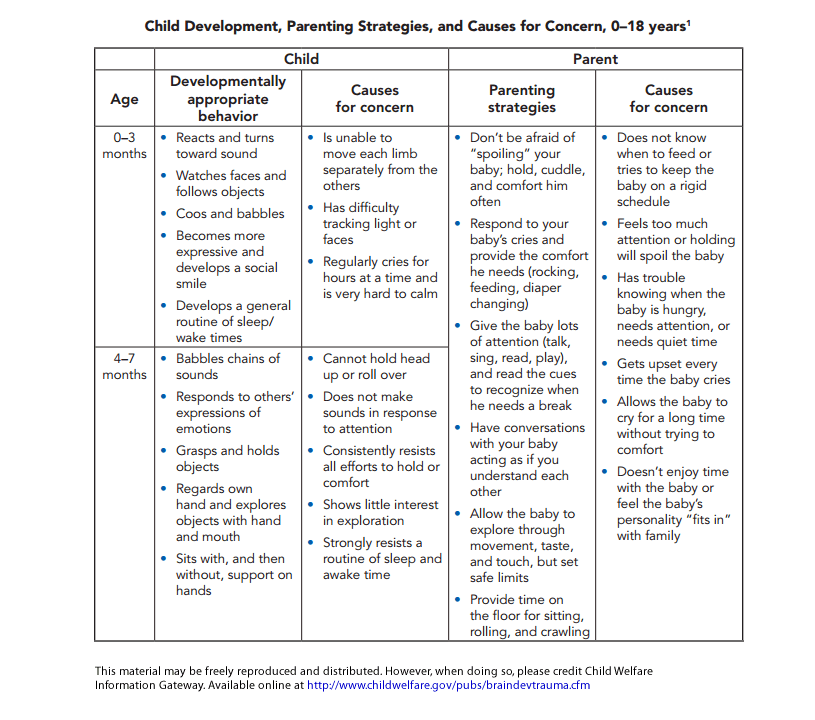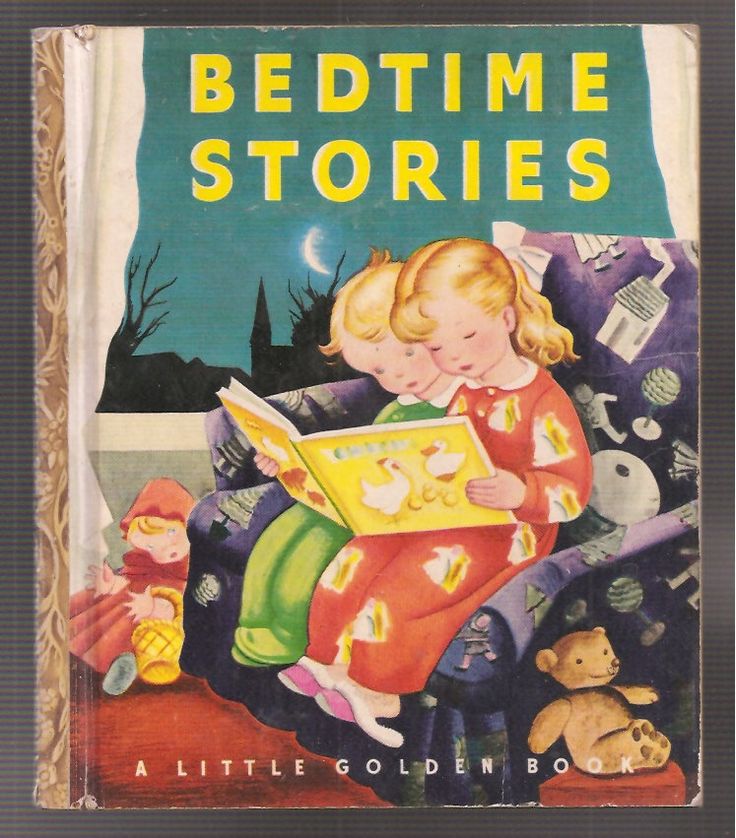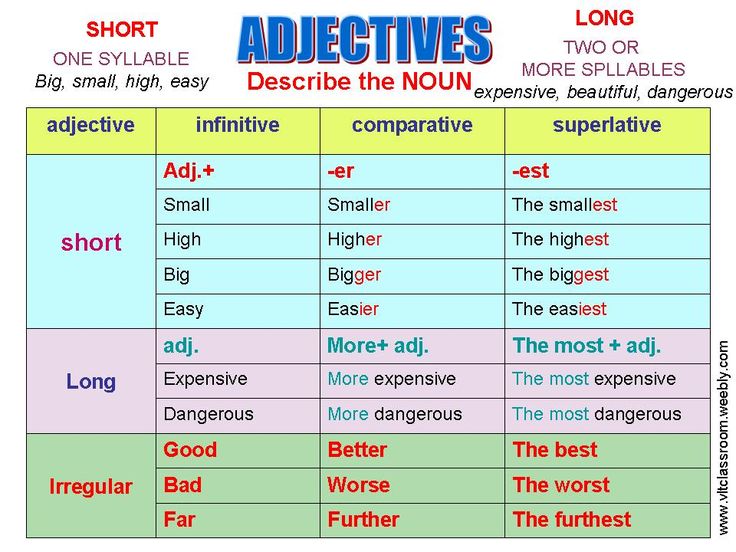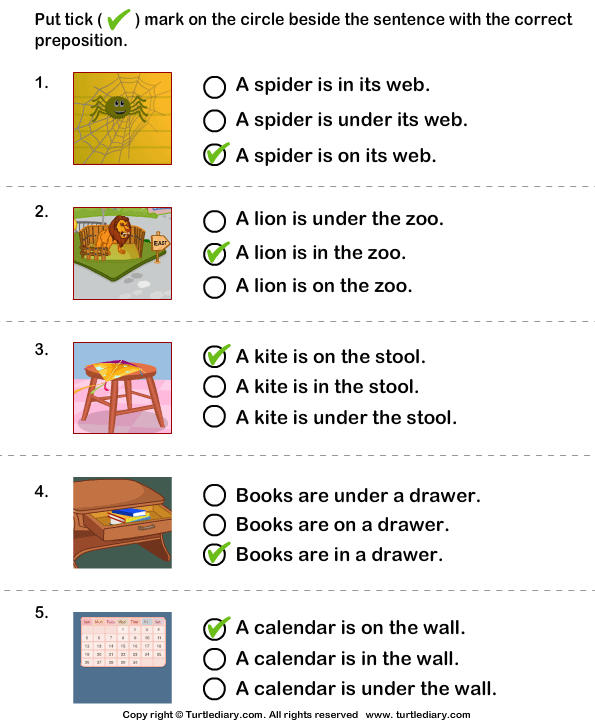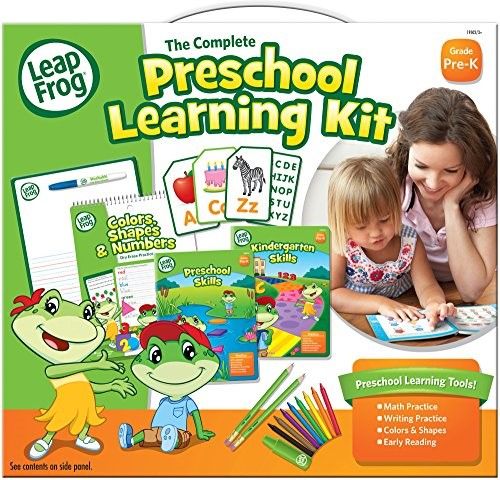Basic sight words
Top 100 Sight Words and How to Teach Them
Sight words is a common term in reading that has a variety of meanings. When it is applied to early reading instruction, it typically refers to the set of about 100 words that keeps reappearing on almost any page of text. “Who, the, he, were, does, their, me, be” are a few examples.
In addition to their being very frequent, many of these words cannot be “sounded out.” Children are expected to learn them by sight (that is, by looking at them and recognizing them, without any attempt to sound them out.)
Unfortunately, this means minimal teaching. Often, little is done other than to show the word and tell the child what it is “saying.” For many children, this is not enough, with the result that their reading of these critical words is laden with error.
What does this mean for parents who are helping their children master reading? Basically it means spending some time in truly teaching these words so that your child gains real mastery of them. The key to achieving this goal is accurate writing (spelling)—via memory. That is, the child writes the word when the model is not in view.
You can do this by creating simple sentences that the child reads. (By using sentences, you will automatically be using many “sight words.” In addition, you will be giving your child the opportunity to deal with words in context—a key to meaningful reading) After showing the sentence and having your child read it, turn it over and then dictate the sentence. If there is an error, you immediately stop your child and take away the paper. Then you show the model again and repeat the process. In other words, the writing of the sentence has to be fully accurate, starting with the first word.
If you want a list of those words to help guide your efforts, here is the top 100 according to the American Heritage Word Frequency Book by John B. Carroll.
A: a, an, at, are, as, at, and, all, about, after
B: be, by, but, been
C: can, could, called
D: did, down, do
E: each
F: from, first, find, for
H: he, his, had, how, has, her, have, him
I: in, I, if, into, is, it, its
J: just
K: know
L: like, long, little
M: my, made, may, make, more, many, most,
N: not, no, now
O: or, one, of, out, other, over, only, on
P: people
S: said, she, some, so, see
T: the, to, they, this, there, them, then, these, two, time, than, that, their
U: up, use
V: very
W: was, with, what, were, when, we, which, will, would, words, where, water, who, way
Y: you, your
Click here to download our Recommended Top 100 Sight Words.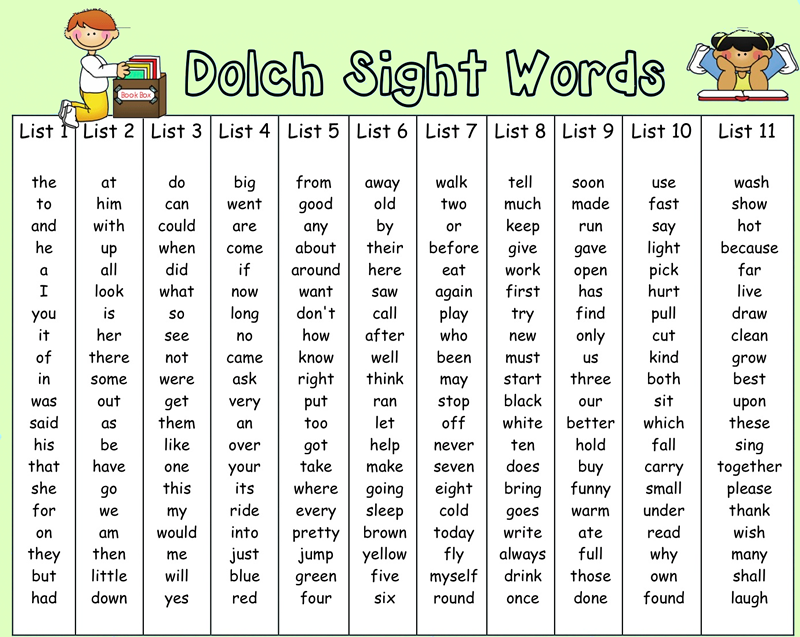
Literacy and reading expert, Dr. Marion Blank
Dr. Marion Blank is answering your questions about reading and learning. If you have a question for Dr. Marion, visit the Reading Kingdom Facebook Page and let us know how we can help.
If you think the Reading Kingdom program can help your children learn to read, enjoy a free, 30-day trial here.
Dolch Sight Words List | Sight Words: Teach Your Child to Read
All the Dolch sight word lists, divided by grade, also available as printable PDFs.
More
Five techniques for teaching Dolch sight words. Learn proven ways to introduce words, reinforce learning, and correct mistakes.
More
Print a set of Dolch sight word flash cards, or use our generator to create your own custom cards.
More
Print cards and game boards for 18 Dolch sight word games. A fun way to reinforce sight words lessons!
More
The Dolch Sight Words list is the most commonly used set of sight words.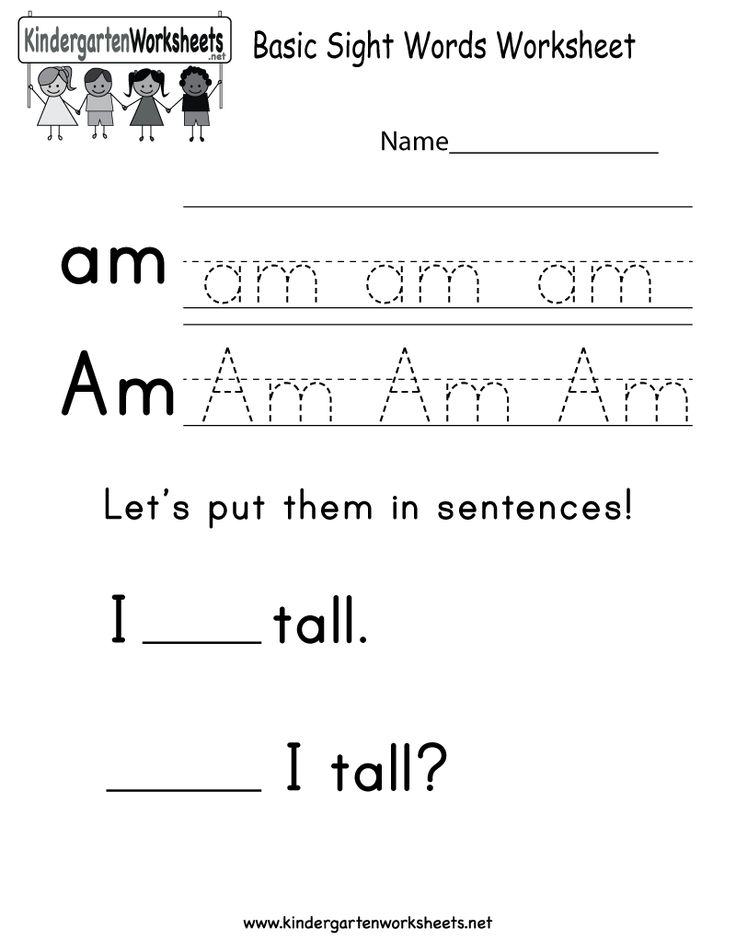 Educator Dr. Edward William Dolch developed the list in the 1930s-40s by studying the most frequently occurring words in children’s books of that era. The list contains 220 “service words” plus 95 high-frequency nouns. These words comprise 80% of the words you would find in a typical children’s book and 50% of the words found in writing for adults. Once a child knows this list of words, it makes reading much easier, because the child can then focus his or her attention on the remaining words.
Educator Dr. Edward William Dolch developed the list in the 1930s-40s by studying the most frequently occurring words in children’s books of that era. The list contains 220 “service words” plus 95 high-frequency nouns. These words comprise 80% of the words you would find in a typical children’s book and 50% of the words found in writing for adults. Once a child knows this list of words, it makes reading much easier, because the child can then focus his or her attention on the remaining words.
The Dolch words are commonly divided into groups by grade level, ranging from pre-kindergarten to third grade, with a separate list of nouns. There are a total of 315 Dolch Sight Words.
- Pre-K Dolch Sight Words
(40 words)a, and, away, big, blue, can, come, down, find, for, funny, go, help, here, I, in, is, it, jump, little, look, make, me, my, not, one, play, red, run, said, see, the, three, to, two, up, we, where, yellow, you
- Kindergarten Dolch Sight Words
(52 words)all, am, are, at, ate, be, black, brown, but, came, did, do, eat, four, get, good, have, he, into, like, must, new, no, now, on, our, out, please, pretty, ran, ride, saw, say, she, so, soon, that, there, they, this, too, under, want, was, well, went, what, white, who, will, with, yes
- First Grade Dolch Sight Words
(41 words)after, again, an, any, as, ask, by, could, every, fly, from, give, going, had, has, her, him, his, how, just, know, let, live, may, of, old, once, open, over, put, round, some, stop, take, thank, them, then, think, walk, were, when
- Second Grade Dolch Sight Words
(46 words)always, around, because, been, before, best, both, buy, call, cold, does, don’t, fast, first, five, found, gave, goes, green, its, made, many, off, or, pull, read, right, sing, sit, sleep, tell, their, these, those, upon, us, use, very, wash, which, why, wish, work, would, write, your
- Third Grade Dolch Sight Words
(41 words)about, better, bring, carry, clean, cut, done, draw, drink, eight, fall, far, full, got, grow, hold, hot, hurt, if, keep, kind, laugh, light, long, much, myself, never, only, own, pick, seven, shall, show, six, small, start, ten, today, together, try, warm
- Noun Dolch Sight Words
(95 words)apple, baby, back, ball, bear, bed, bell, bird, birthday, boat, box, boy, bread, brother, cake, car, cat, chair, chicken, children, Christmas, coat, corn, cow, day, dog, doll, door, duck, egg, eye, farm, farmer, father, feet, fire, fish, floor, flower, game, garden, girl, goodbye, grass, ground, hand, head, hill, home, horse, house, kitty, leg, letter, man, men, milk, money, morning, mother, name, nest, night, paper, party, picture, pig, rabbit, rain, ring, robin, Santa Claus, school, seed, sheep, shoe, sister, snow, song, squirrel, stick, street, sun, table, thing, time, top, toy, tree, watch, water, way, wind, window, wood
- All Dolch Sight Words by group
- All Dolch Sight Words in alphabetical order
Leave a Reply
How to determine the perfect and imperfect form of the verb?
Let's learn how to write without errors and make interesting stories
Start learning
183.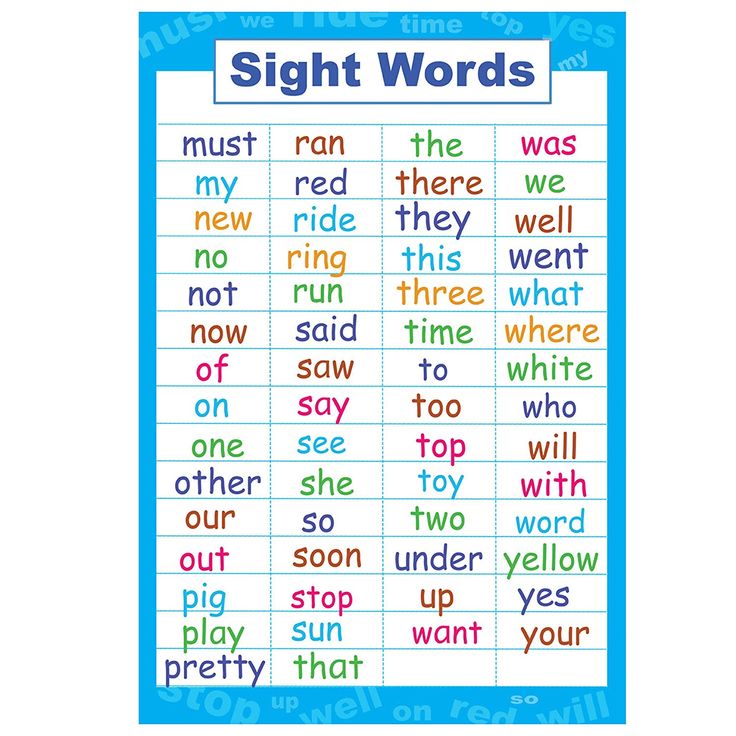 3K
3K
Harry Potter's girlfriend used the time-wheel to be in two places at the same time. Different types of verbs will help to describe the actions of Miss Granger. There are only two of them: perfect and imperfect. Let's talk about them in more detail.
Basic Definitions
First, let's remember what a verb is.
The verb is a part of speech that designates an action or state as a process and expresses this meaning using the categories of aspect, voice, mood, tense and person.
Verbs answer questions: what to do? what to do? what have you been doing? What did you do? what do they do? what will do?
Examples of verbs:
The form in Russian is a constant grammatical feature of verbs, which is possessed by conjugated verbs, infinitives, gerunds and participles.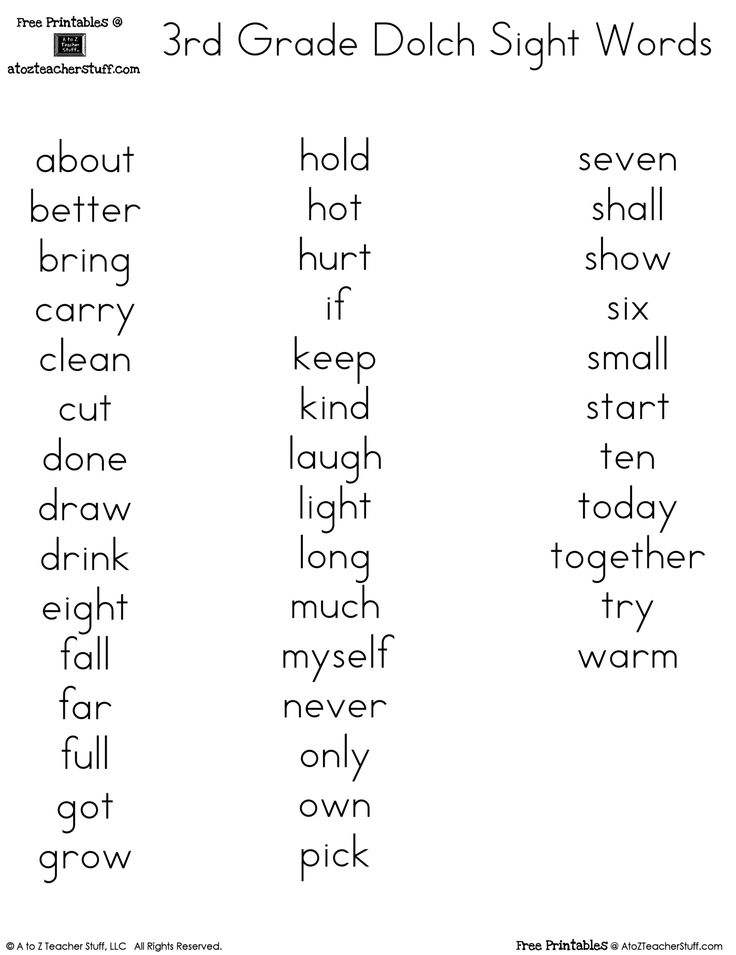 It shows how some action of the verb proceeds in time:
It shows how some action of the verb proceeds in time:
-
completed and one-time (read, passed)
-
unfinished and repeatable (lives, does).
What types of verbs are there in Russian:
Now we will learn what a perfect and imperfect form of a verb is and give examples of perfect and imperfect verbs.
Demo lesson in Russian
Take the test at the introductory lesson and find out what topics separate you from the "five" in Russian.
Perfective verbs
Perfective verbs in indefinite form answer the question: what to do?
Perfective verbs have two tense forms:
In any tense form they call:
-
an action that is limited by some limit;
-
result, completion of an action or a separate stage.
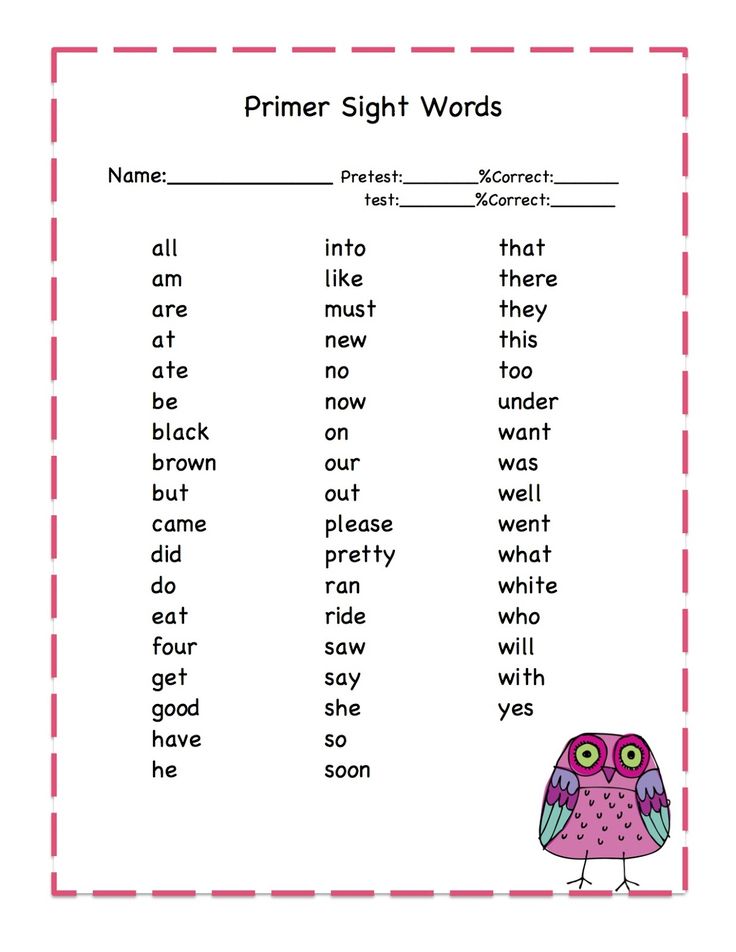
Examples of perfective verbs:
-
what did you do? sat down - past tense, the action is completed and was done once, that is, it was not repeated;
-
what will they do? they will talk - the future simple tense, the action will be done and will not be repeated.
-
what to do? close, pay, perform;
-
what to do? identify, answer, simplify.
Perfective verbs can also denote actions that have already begun or are about to begin: I spoke, I will speak.
Imperfect verbs
Imperfect verbs in the indefinite form answer the question: what to do?
Imperfective verbs have three tenses:
They denote:
In any tense, they denote a repeated or ongoing action, without indicating whether the action has been completed.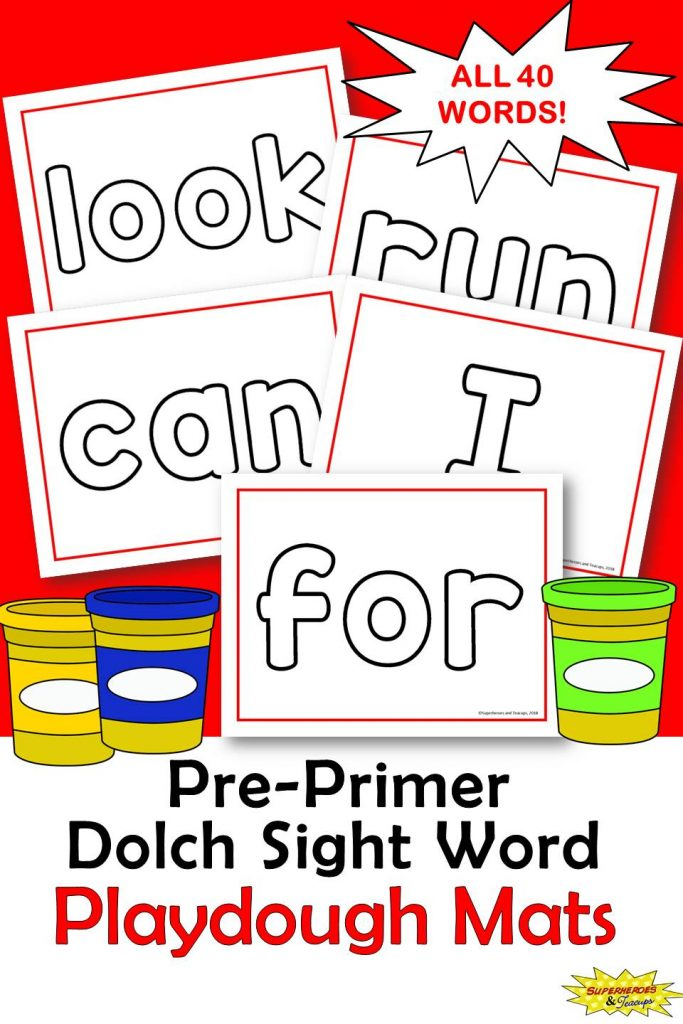
Examples of imperfective verbs:
-
what did you do? jumped - past tense, the action could be repeated several times and it is not known whether the result was achieved;
-
what are they doing? they are watching - the present tense, the action continues and it is not known how long the action has been going on and how long it will continue;
-
what shall I do? I will dance - the future is a difficult time, the action can be repeated and there are no signs that it will be completed.
-
what to do? talk, paint, run;
-
what to do? drag, go.
Imperfective verbs can also denote actions that have begun, are beginning or will begin: I looked, I look, I will light.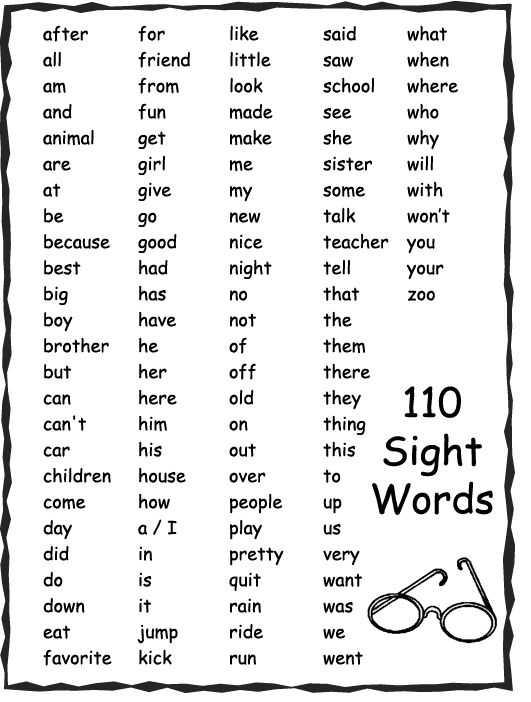
Now we know what questions are answered by perfective and imperfective verbs. And here is a cheat sheet to fix and learn the difference of two types:
Free English lessons with a native speaker
Practice 15 minutes a day. Learn English grammar and vocabulary. Make language a part of life.
Formation of verb types
Perfective verbs can be formed from imperfective verbs in different ways.
Ways of education:
-
Adding a prefix: read - read, sit - sit up.
-
Dropping suffixes: give - give, save - save.
-
Replacement of suffixes: decide - decide, jump - jump.
-
Replacement of suffixes and alternation of letters in the root: forgive - forgive, wither - wither.
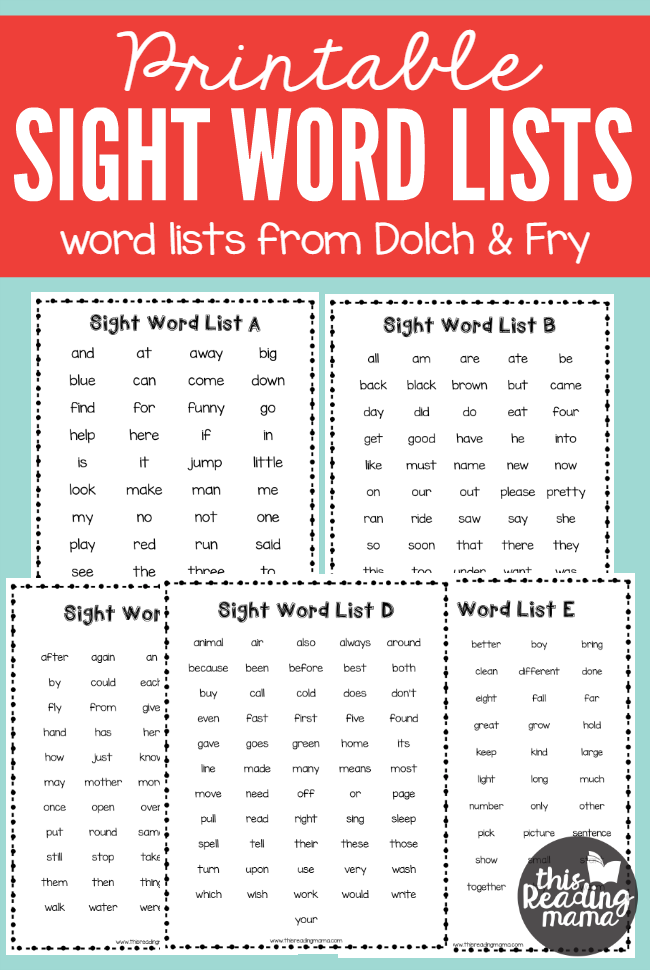
When forming imperfective verbs, the alternation of consonants and vowels is possible at the root: be late - be late, state - state, protect - protect.
Learn Russian at the Skysmart online school with attentive teachers and interesting examples from modern texts.
Determine the form of the verb
If you are in doubt how to understand what kind of verb you have: perfect or imperfect, use these methods:
| How to determine the aspect of a verb |
|---|
|
Now you can easily tell your classmates how to determine the form of a verb in Russian.
Examples of pairs of perfective and imperfective verbs
Aspective pair are verbs that have a perfective and imperfective form.
Some Russian verbs have the same lexical meaning, but differ in the grammatical meaning of the form. For example: what to do? decide what to do? decide.
Such aspectual pairs differ in the way of word formation:
-
Through the suffix: quit - throw, meet - meet, offend - offend, reach - achieve, decide - decide.
-
Through the prefix: cook - cook, call - name, work - process, speak - talk, read - finish reading.
The aspectual pairs of verbs may differ:
-
Emphasized.
fall asleep - fall asleep, cut - cut.
-
Roots.
what to do? catch - what to do? to catch;
put - put;
to invest - to invest;
to take - to take;
search - find.

The aspect of the verb may depend on the context of the sentence. For example:
-
She is now (what is she doing?) sleeping with a friend. — Present tense, imperfective form.
-
Tomorrow (what will she do?) she is staying with a friend. — Future tense, perfect form.
Such verbs are called two-part verbs, they include: telegraph, take possession, spend the night, injure, marry, execute, promise, use, attack and others. Two aspect verbs can denote both a complete action and an action in length.
Table of perfect and imperfect verbs
| | imperfective | Perfect look |
|---|---|---|
| Infinitive | What to do? play | What to do? play |
| Past tense | What did you do? played | What did you do? played |
| Present | What am I doing? playing | - |
| Future tense | What will I do? will play | What will I do? play |
Russian cheat sheets for parents
All the rules of the Russian language at hand
What are the types of phrases? Table with examples
Everything starts with words: to convey our idea, we combine words with each other into phrases and form sentences.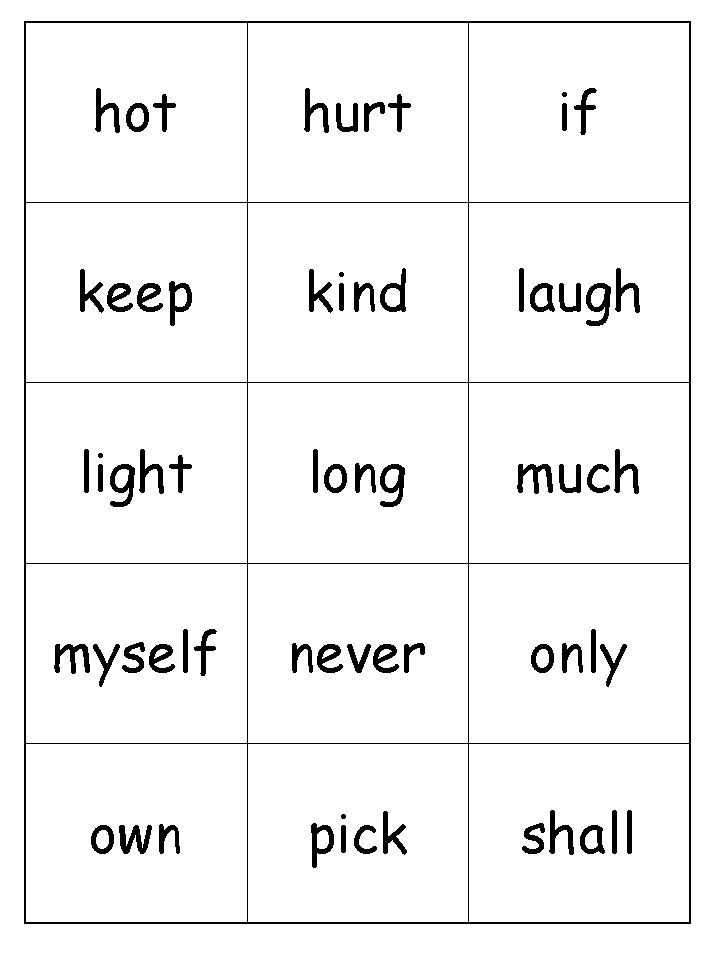 In this article, we will learn what types of phrases are and consider examples.
In this article, we will learn what types of phrases are and consider examples.
Phrase concept
Phrase is a combination of two or more independent words that are related in meaning and grammatically. As part of the sentence, it performs a communicative function.
If we compare a phrase and a word, then the first more accurately names an object, sign, phenomenon, action.
In a phrase, there is always one main word, and the other is dependent, and you can ask a question to it from the main word.
The relationship between the main and dependent word can be expressed as follows:
-
by ending: black (what?) spot; a gift (to whom?) to mom;
-
with the help of an ending and a preposition: a letter (to whom?) to a friend;
-
meaning: runs (how?) fast.
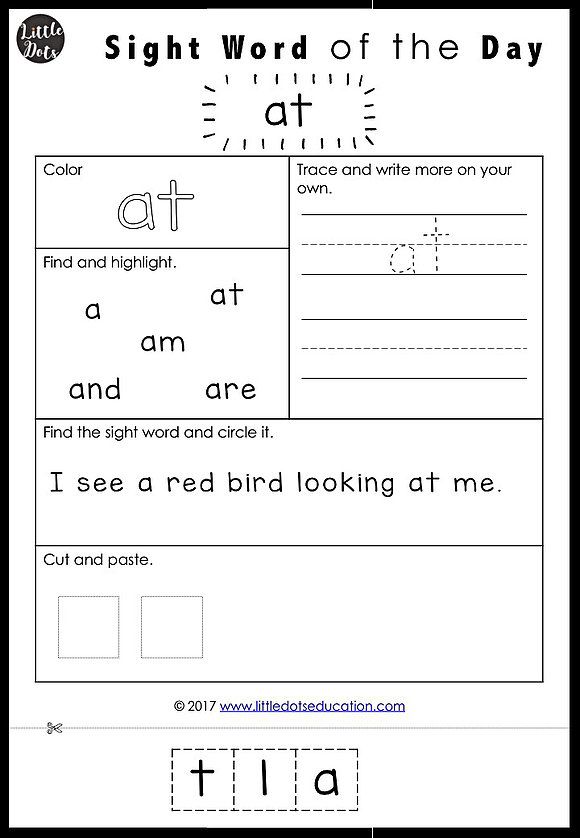
Demo lesson in Russian
Take the test at the introductory lesson and find out what topics separate you from the "five" in Russian.
The main types of phrases
By the number of components, phrases can be simple and complex.
Simple phrases is a construction of one main and one dependent component: talking about life, sitting on a chair.
Compound are phrases that consist of three or more components. Compound phrases are of three types:
-
phrases with sequential subordination: run very fast;
-
word-combinations with parallel subordination: the famous work of the poet;
-
combined phrases with serial and parallel submission: spend an evening with good friends.
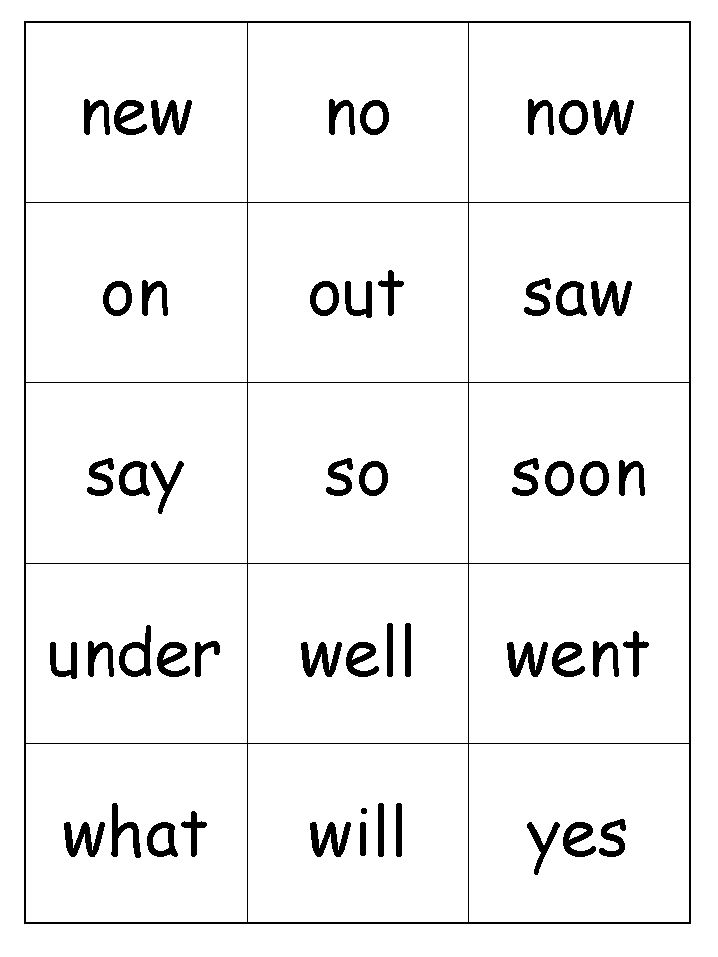
There are three types of connection between words in a phrase: about an interesting event;
control - a type of connection in which the dependent word is used in a certain case form depending on the lexical and grammatical meaning of the main word: sympathy for a neighbor, listen to a lecture;
adjunction - a type of connection in which the dependence of a word is expressed lexically, by word order and intonation, without the use of auxiliary words or morphological changes: sing loudly, look silently.
According to the degree of fusion of components, phrases are distinguished:
-
syntactically free: high house, go to school;
-
syntactically or phraseologically not free, which form a syntactic unity and act as one member in a sentence: three sisters, pansies, beat with a forehead.

Semantic relationships can be determined using questions:
-
Whose?, What?, Which? - definitive.
Father's (whose?) jacket; red (what?) dress.
-
Who?, What? - object.
A gift (for whom?) to a friend.
-
Where?, How?, When? - circumstances.
Walk (where?) in the park.
The main classification of phrases is based on the morphological properties of the main word. Depending on what part of speech it is expressed, three groups of subordinating phrases are distinguished: nominal, verbal, adverbial.
Learn Russian at the Skysmart online school with attentive teachers and interesting examples from modern texts.
Verb phrases
-
Verb phrases with nouns:
-
Verb phrases with an infinitive (ask to bring).
-
Verb phrases with an adverb (to do right).
-
With nouns:
-
With adjectives (useful book), pronominal adjectives (our country), ordinal numbers (second audience), participles (work done).

-
With adverbs (riding).
-
With an infinitive (desire to learn).
-
With nouns:
-
With adverbs (very interesting).
-
Infinitive (able to work).
-
Word combinations with adverbs (very successful).
-
Phrases with nouns (shortly before the exam).
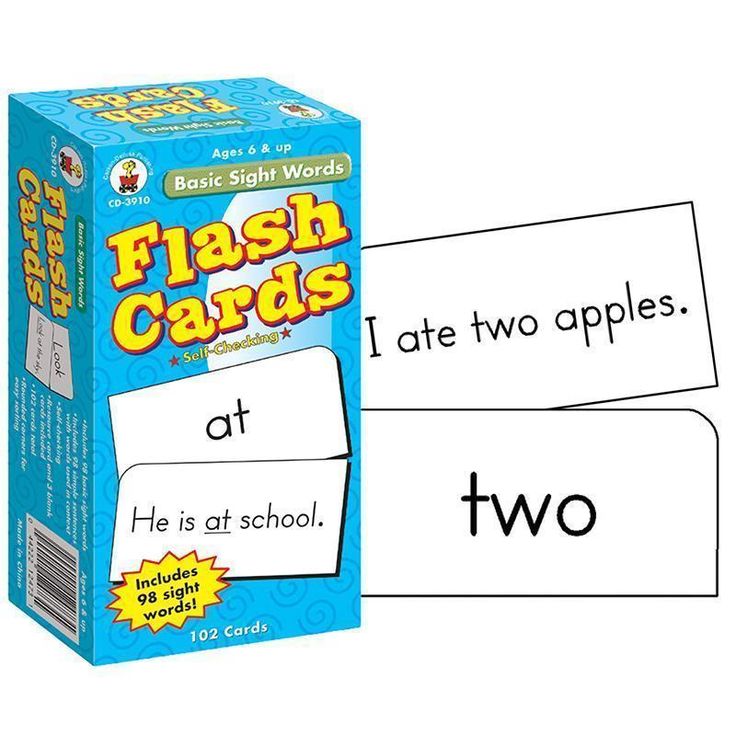
In verb phrases, the main word is expressed by a verb or a gerund: speak loudly (speaking loudly), read a book (reading a book).
Free English lessons with a native speaker
Practice 15 minutes a day. Learn English grammar and vocabulary. Make language a part of life.
Nominal phrases
Phrases with a noun as the main word:
Phrases with an adjective as the main word:
Phrases with a numeral as the main word: two books, both friends.
Phrases with a pronoun as the main word (one of the students, something new).
Adverbial phrases
Phrases do not include the following combinations of words:
-
Subject and predicate: the wind is blowing.
-
Any words that stand side by side in a sentence, but are not related in meaning: weak goes.
-
Words with prepositions: near the table, near the house.
-
Members of a sentence that answer the same questions: (what?) peppy and (what?) energetic.
-
Set expressions and phraseological units: through the sleeves, through the fingers.
-
Complex grammatical forms: will play, less expensive.
-
Separate members in combination with the word being defined: a branch broken by the wind.

Examples of phrases with the connection of agreement
Noun + adjective:
Noun + participle:
-
in front of a flowering field,
-
fallen leaves,
-
baked apple,
-
continuous conversation,
-
scattered things.
Noun + ordinal:
Noun + pronoun:
-
each person,
-
any passer-by,
-
some person,
-
draw item,
-
about the whole day,
-
at that post.

Noun (substantiated adjective) + adjective:
-
sour ice cream,
-
in a clean canteen,
-
in a white bathroom.
Professor + noun (substantiated adjective, communion):
Noun + noun (Appendix):
Samples with the Directorate
Clain + Noun: 9000
Evil to the noise,
0003
buy bread,
we'll be back at dawn,
running in a hat,
talking to a friend.
Adjective + pronoun:
Adjective + noun:
Noun + noun:
-
theater director,
-
passion for fishing,
-
joy of meeting,
-
continuation of life,
-
field of flowers,
-
chest with medals.
Adverb + noun:
-
tearfully funny,
-
down the street,
-
ahead of the bridge.

Numeral + noun:
-
seven kids,
-
twelve months,
-
three drops.
German participle + noun, pronoun:
-
walking around the yard
-
walking along the path,
-
following him,
-
following him.
Examples of phrases with adjacencies
Verb, noun, adjective + infinitive:
Verb + adverb:
- read slowly,
-
answered in a hurry,
-
we'll be back late,
-
we will leave tomorrow,
-
said in a rush.
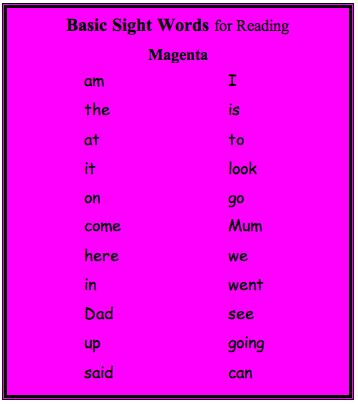
Verb + gerund:
Noun + adverb:
-
open coat,
-
sideways glance,
-
turn left,
-
speaking frankly.
Noun + inflected adjective:
-
khaki,
-
rush hour,
-
pleated skirt.
Pronoun, verb, noun, adverb + adjective/adverb comparative:
adjective + adverb:
-
very cheerful,
-
not stupid at all,
-
very curious.
